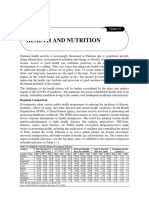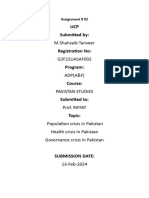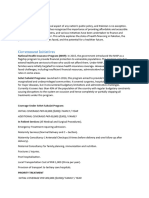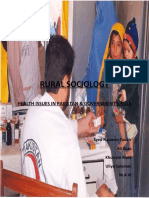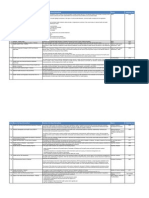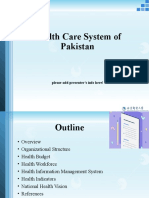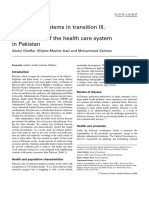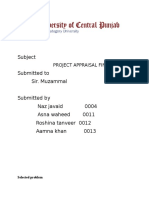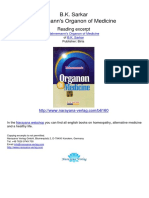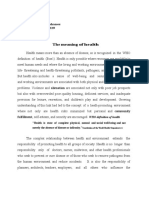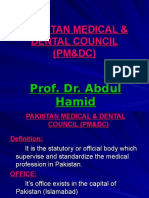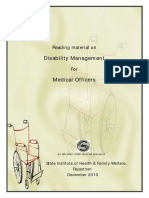0% found this document useful (0 votes)
11 views5 pagesAssignment Activity Unit 4-1
Pakistan's healthcare system is in crisis due to systemic deficiencies, resource shortages, and escalating public health challenges, including rising drug prices and a significant burden of diseases like Hepatitis and HIV. The Pakistan Medical Association calls for urgent reforms, highlighting the need for improved healthcare policies, increased funding, and better management to address the deteriorating health indicators. Rural areas face even greater challenges, with limited access to qualified healthcare and high mortality rates, necessitating a multi-faceted approach to improve healthcare access and quality for all citizens.
Uploaded by
ashigull487Copyright
© © All Rights Reserved
We take content rights seriously. If you suspect this is your content, claim it here.
Available Formats
Download as PDF, TXT or read online on Scribd
0% found this document useful (0 votes)
11 views5 pagesAssignment Activity Unit 4-1
Pakistan's healthcare system is in crisis due to systemic deficiencies, resource shortages, and escalating public health challenges, including rising drug prices and a significant burden of diseases like Hepatitis and HIV. The Pakistan Medical Association calls for urgent reforms, highlighting the need for improved healthcare policies, increased funding, and better management to address the deteriorating health indicators. Rural areas face even greater challenges, with limited access to qualified healthcare and high mortality rates, necessitating a multi-faceted approach to improve healthcare access and quality for all citizens.
Uploaded by
ashigull487Copyright
© © All Rights Reserved
We take content rights seriously. If you suspect this is your content, claim it here.
Available Formats
Download as PDF, TXT or read online on Scribd
/ 5


